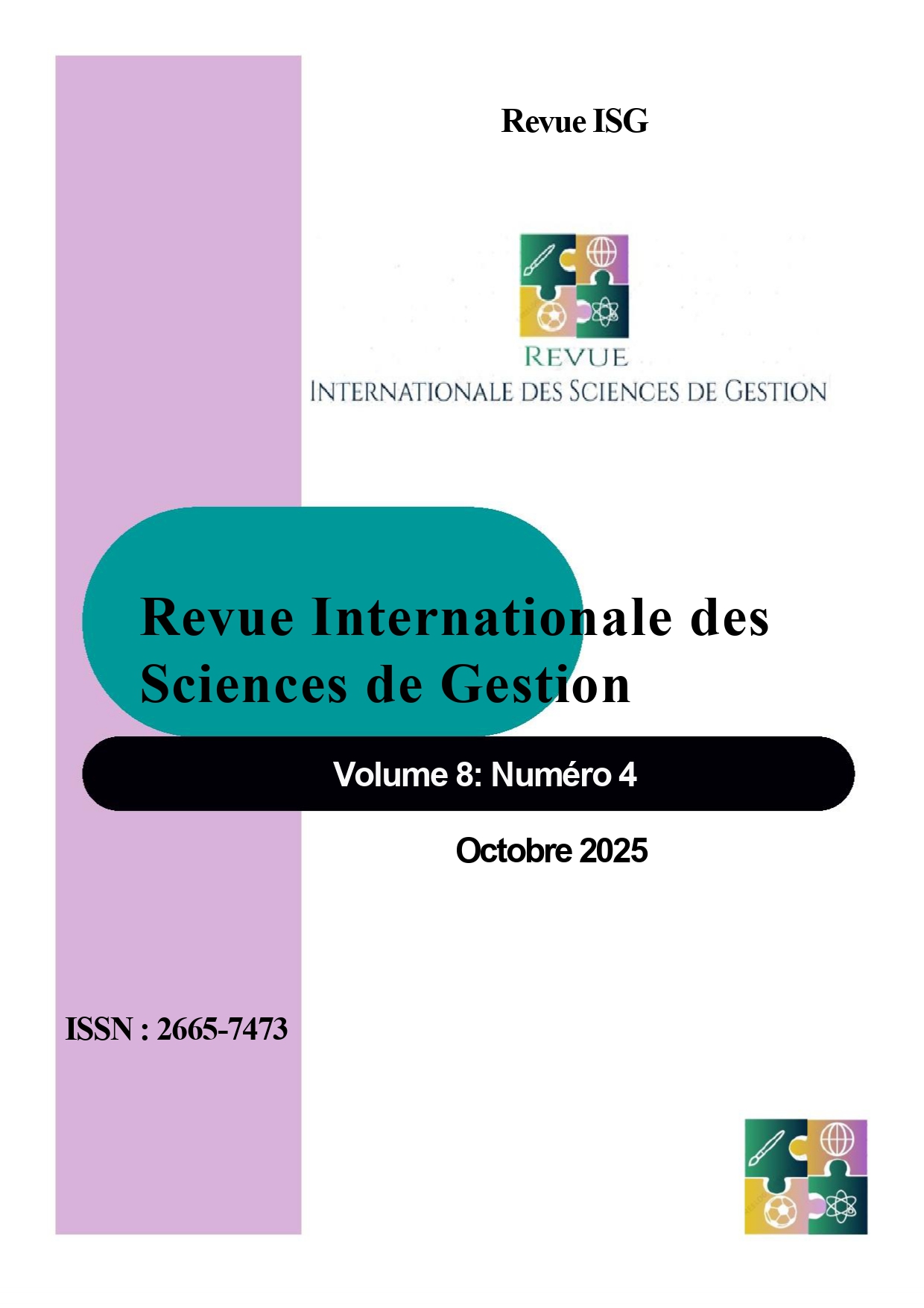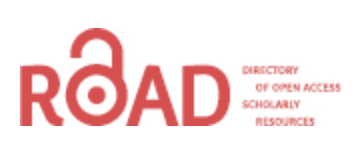The impact of quality of life at work influences the organizational commitment of Moroccan teachers, an empirical analysis of the role of burnout as a moderating variable
Keywords:
Quality of life at work, Affective commitment, Educational management;, Burnout, Moderating variableAbstract
Quality of work life is one of the crucial issues of modern management, which not only influences organizational performance but also employee engagement. Teachers' affective commitment holds great importance for institutional and pedagogical success, so understanding the factors that influence teachers' AC is paramount. This study investigates the moderating impact of burnout in the relationship between teachers' QWL and their affective commitment. A total of 224 Moroccan teachers from different educational levels were surveyed. QWL was measured based on seven dimensions: General Well-Being, Home-Work Interface, Job & Career Satisfaction, Control at Work, Working Conditions, Stress at Work, and Overall QWL. Both direct and moderating relationships were estimated using SEM through AMOS 26. The results showed that QWL had a positive, significant influence upon affective commitment, β = 0.41, p < 0.001, whereas Overall QWL did not have any significant direct effects, p = 0.451. Moreover, it is found that burnout negatively moderates this relationship; in other words, higher levels of burnout weaken the positive influence of QWL on commitment. These findings emphasize developing the quality of work life for teachers in addition to managing burnout actively in order to increase engagement and enhance organizational loyalty.
Downloads
Downloads
Published
How to Cite
Issue
Section
License
Copyright (c) 2025 Lamiaa BELKADI , Fatima IBN CHAHID , Wafae JARACHI, Youssef KHATORI

This work is licensed under a Creative Commons Attribution-NonCommercial 4.0 International License.


















